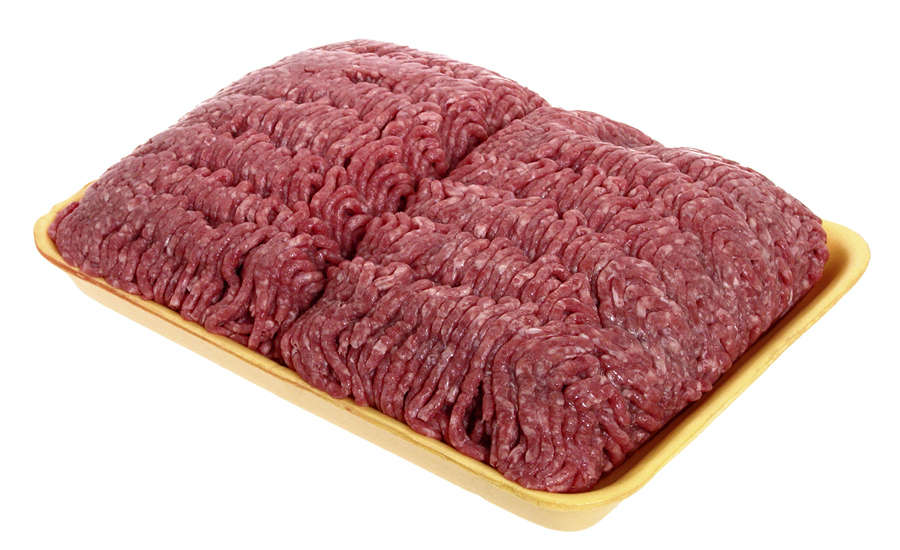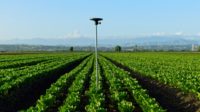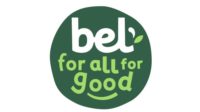The first three months of Cargill’s Canadian beef sustainability pilot project yielded encouraging results, proving the model works and demonstrating significant potential to scale the program.
The pilot was launched to test and validate the audit and traceability systems necessary to meet the requirements of the Certified Sustainable Beef Framework established by the Canadian Roundtable for Sustainable Beef (CRSB). This framework is a voluntary program that enables cattle producers and beef processors to demonstrate the sustainability of their operations while supporting the retail and foodservice industry in their sustainable beef sourcing efforts.
For contributions made during the first quarter of the pilot, participating cattle ranchers received $10-per-head for qualifying cattle that could be tracked through audited sustainable operations from farm to fork.
“We are encouraged by the pilot’s first quarter results. It proved that a significant volume of beef can be successfully traced through a certified supply chain for the participating customers,” says Gurneesh Bhandal, Cargill’s beef sustainability manager in Toronto, Canada. “By adding more producers to the pilot, we can supply more customers with Canadian beef from sustainable sources.”
During the first three months, the pilot tested and developed methodology for tracking eligible cattle through audited live animal supply chains. It also tested the methodology for tracking supply chain sustainability certifications from the beef carcass to finished products. By coupling live cattle and beef product traceability, Cargill’s Canadian customers can demonstrate the sustainability of their entire supply chain.
Verified Beef Production Plus (VBP+) – overseen by the Beef Cattle Research Council, Canada, and operated with the assistance of provincial cattle organizations – is auditing cattle producers for sustainability during this pilot.
Cattle are tracked as they move through audited operations by the Beef Info-Exchange System’s (BIXS) RFID tagging system, from the time producers tagged them through processing at Cargill’s High River, Alberta, Canada, beef plant. BIXS is acting as the clearing house for the Canadian Sustainability Acceleration Pilot and will disperse the first round of credit payments to cattle producers by March 19.
In the first quarter, customers paid for beef delivered from an audited sustainable supply chain, and these payments funded the $10-per-head credits producers received for their involvement and commitment to Canadian beef sustainability. The pilot was able to certify more than 550,000 pounds of beef according to the CRSB Framework standards and supply chain guidelines.
The certified sustainable beef came from more than 70 cattle producers, with many contributing multiple qualifying animals.
“We appreciate the enthusiasm we’ve seen and momentum that’s been generated in the first few months of the pilot, and we are encouraged by the continued interest shown from additional cow/calf producers, feedlot operators and processing plants,” says Bhandal.
In March, Where Food Comes From (WFCF), Castle Rock, Colo., became the pilot’s second auditing body for cattle producers who want to demonstrate the sustainability of their operations. The introduction of another auditing firm gives producers options when deciding to participate.
“We are delighted Where Food Comes From, Inc. Canada has been selected as a certification partner,” says Leann Saunders, president of WFCF. “As a company, we verify over 5,000 beef producers in North America with the goal to help supply chains improve processes, bundle certifications and add value. We were able to verify over 200 producers during the McDonald’s Verified Sustainable Beef Pilot Project in Canada, and look forward to applying this knowledge as a certifier for the CBSA pilot.”


